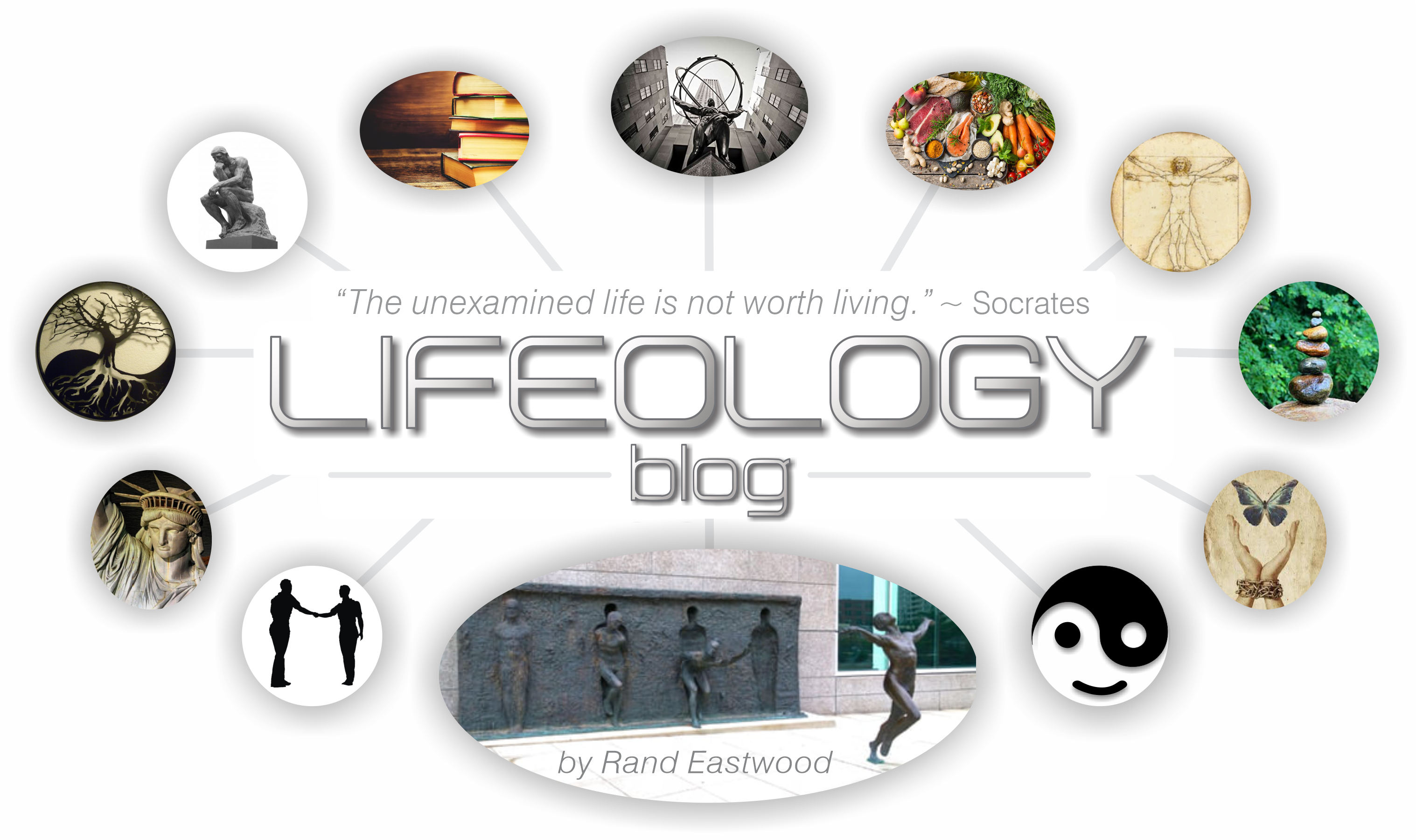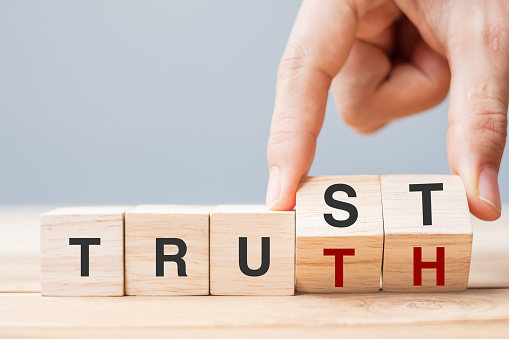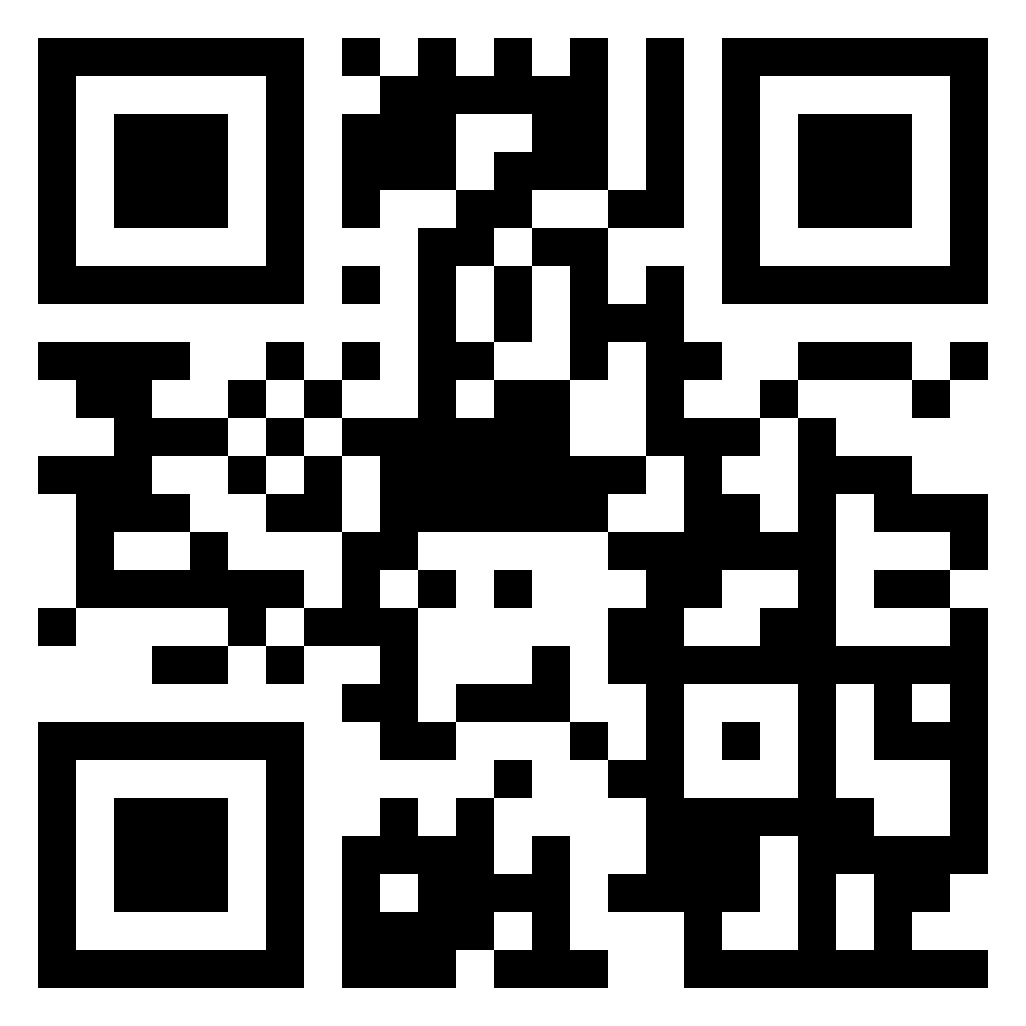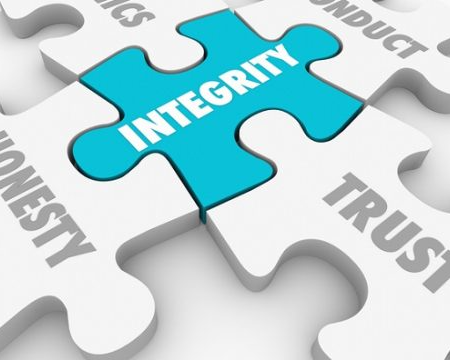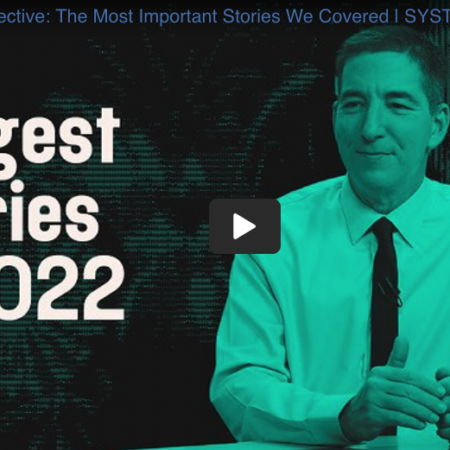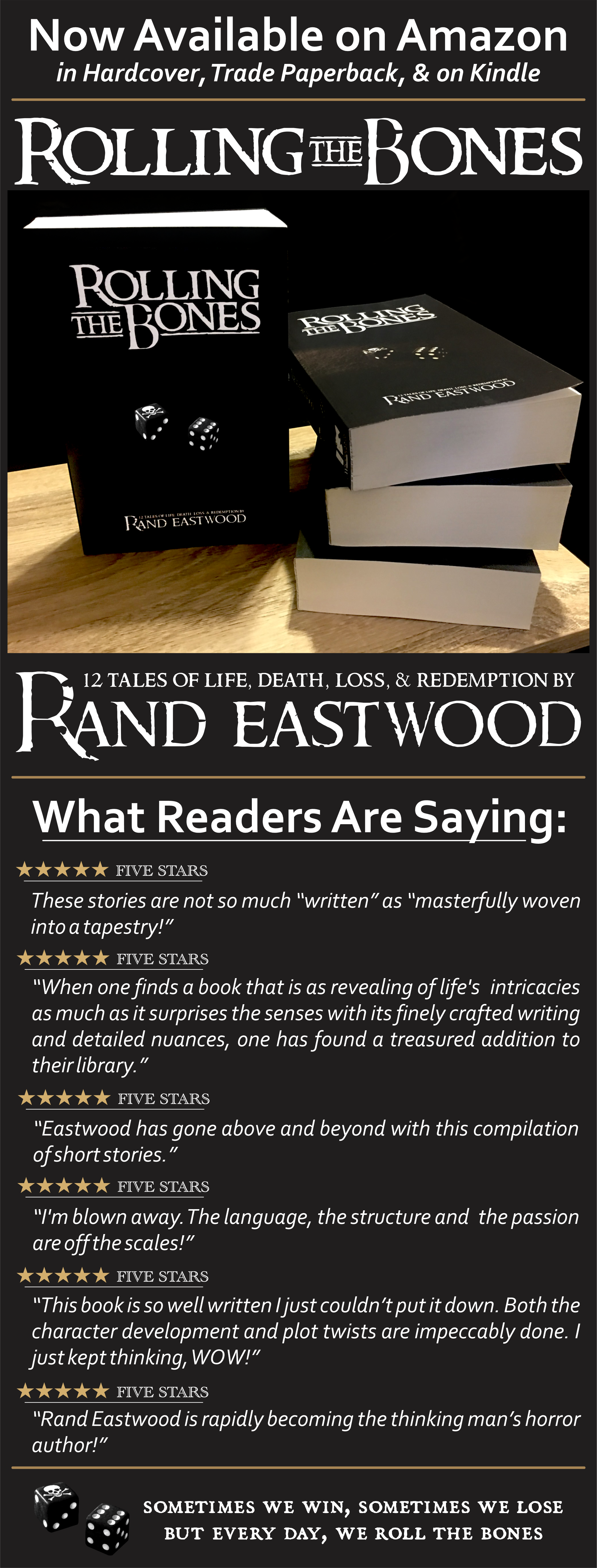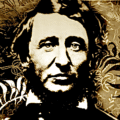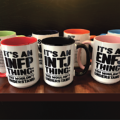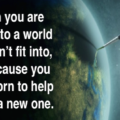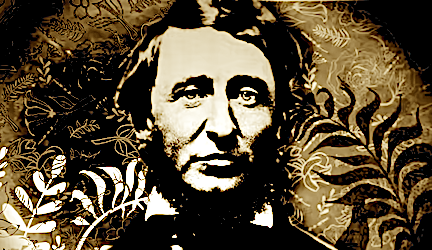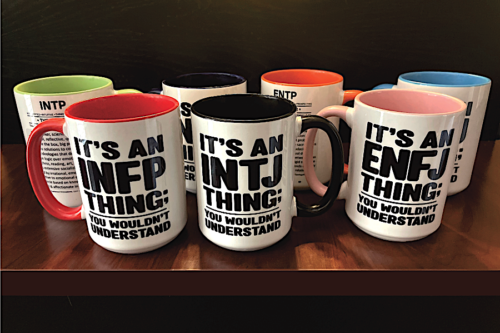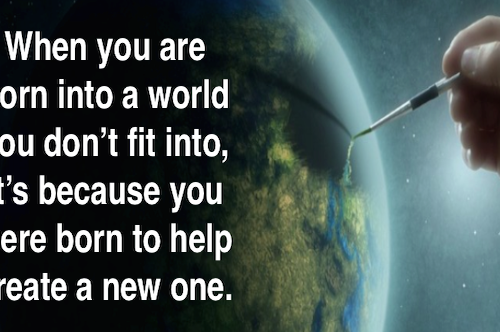NOTE: Previously I wrote an article entitled The Importance of Honesty, Integrity, & Authenticity, wherein I related an unfortunate experience I had of scaling back my relationship with a former close friend, due to his lack of the aforementioned virtues, and why said virtues are important to all of us.
Since then, I discovered the following article entitled Why Truth Matters by Butler Shaffer, which reinforces the same point I was making in my article on the individual level, but on a much broader scale—even emphasizing its importance to the very survival of mankind—and thought I’d share it here. (As to the CC license requirements: the Original Article was published on LewRockwell.com on June 15, 2019, and is re-published here unedited and in its entirety):
Why Truth Matters
by Butler Shaffer
” Every time we witness an injustice and do not act, we train our character to be passive in its presence and thereby eventually lose all ability to defend ourselves and those we love.”
~ Julian Assange
We are social beings who require relationships with others of our species not only to live well, but to survive. As Franz Oppenheimer reminded us, there are only two systems available to provide for our material needs: the economic and the political means. The “economic” means consists of persons voluntarily exchanging their respective claims of ownership on terms they negotiate for themselves; while the “political” means involve the forceful taking of property by the state, without the consent of the owner. The “property principle” is involved in each system, with the “economic” means respecting the inviolability of an owner’s claim, while the “political” means disrespects it. The distinction between these two systems is often expressed as the difference between “individualism” and “collectivism.” The state is often called upon to impose its realpolitik powers upon individuals who are inconveniences to the established order.
“Truth” is essential to the economic means in order that the parties have precision in the property interests being exchanged, as well as other terms of the contract. Because political activity is grounded in lies, exaggerations, deceptions, and corrupt practices, truth is largely an irrelevant factor. To the politically driven in a thoroughly politicized world, a lie is as good as the truth as long as people believe it!
Given the inherent dishonesty that is the nature of all political systems, the state is constantly engaged in protecting its secrets from being disclosed to the world. Documents or other information are routinely “classified” in varying levels of secrecy, largely to protect the state from being embarrassed by the public being made aware of its criminal, unethical, or other untoward acts. This is why Julian Assange, Chelsea Manning, Ed Snowden, and the Wikileaks organization—persons I refer to as Aletheians, after Aletheia the Greek goddess of truth—are enemies of the state and must be destroyed. In silencing such persons, the state further weakens what little credibility it enjoys with a public that remains attached to the sentiment that the world should make sense, as judged by the standard of truth.
The realities of the universe are unforgiving. Our failure to understand their inconstant complexities imposes costs of varying degrees that make our lives less rewarding. Having few instincts to direct us, we must rely upon our mind’s search for truth to distinguish fact from fantasy, and to evaluate the likely consequences of the options before us as we contemplate our actions. As many historians have advised us, our continuing disregard of the basic facts of existence have brought down prior civilizations, and help to explain the current demise of Western Civilization.
Throughout human history, the minds of intelligent men and women have contributed to the well-being of our species by creating, inventing, and discovering systems, truths, and works of both art and technology that enhance the qualities that help transform us from knuckle-dragging beasts to civil beings. Such improvements were possible only so long as persons were free to think, speculate, and pursue questions teased from their active curiosities. We don’t know the name of the person(s) who invented that most important tool, the wheel. But we do know the identity of the recent inventor of that powerful tool for sharing information: the worldwide web. The British scientist, Sir Timothy John Benners-Lee, created, without personal benefit of a patent, a system that greatly expanded Johannes Guttenberg’s 15th century invention allowing individuals to communicate with one another without going through a censoring intermediary.
The framers of the Constitution understood the importance of epistemological anarchy in making it the essence of the First Amendment in the Bill of Rights. People are to remain free to think, speak, publish, and assemble to peacefully address any subject matter of concern to them. Such liberties were not intended only to provide amusement for intellectuals interested in debating abstract philosophic principles, but to assure the independence of minds seeking life-supportive actions in an uncertain world. This sentiment was well-expressed by Thomas Jefferson:
“I have sworn upon the altar of god eternal hostility against every form of tyranny over the mind of man.”
These attitudes prevailed among the politically-minded at least until September of 1787, when the United States government came into being. That they were denied when the government threatened war against the state of Rhode Island—whose citizens refused to ratify the Constitution—remains at best a footnoted fact of American political history. They were further rejected when, in 1798, President John Adams’ administration was able to get the Alien and Sedition Acts enacted into law. This revealed the animosity all political systems have to persons who, in theory, are supposed to enjoy individual liberty. These acts made it a criminal offense to criticize the federal government although, unlike modern America, “truth” could be used as a defense.
The entertainment industry—to which “mainstream journalism” has become an important part—has long served the political establishment in its efforts to make programs and policies plausible to the public. The motion picture industry, for instance, deals in the world of make-believe, employing actors and actresses who pretend to be persons other than themselves who use their well-trained acting skills to recite scripts written by others. Film-makers ask their audiences to suspend their sense of reality, an attitude that serves the state quite well. Still, the importance of truth-telling manages to get into films. One of my favorite lines is found near the end of the movie Dr. Zhivago. A Soviet general—played by Alec Guinness—believes a young woman to be the daughter of Zhivago, the general’s brother. He inquires of the woman, who has no awareness of the identity of her father, “why won’t you believe it; don’t you want to believe it?”, to which she replies “not if it isn’t true.”
Our learning has taught us how to live peacefully, creatively, cooperatively, productively, and with respect and love toward one another. Long ago we discovered the mutual benefits of encouraging such qualities. So why do we continue to spend so much of our time, energies, and other resources in frenzied efforts to destroy our lives, souls, and perhaps our species?
Why do we allow institutions that feed on to dominate our lives? Why do we fail to challenge the kind of thinking that kept Galileo imprisoned for speaking the truth; or “witches” to be hanged at Salem for expressing their then “politically-incorrect” thoughts; or for having “heretics” and “infidels” burned at the stake for offering their own interpretations of religious texts? On this point we should recall Ayn Rand’s poignant comment that the man who discovered how to start fire was probably burned at the stake for his troubles! Persons who enjoy the exercise of power over others can be expected to employ it when it suits their interests to do so. When the Roman emperor Tiberius had a man beheaded for his invention of flexible glass—a creation that has not been repeated in the subsequent two thousand years—the emperor’s apparent motive was to protect the Roman economy from what he saw as a destabilizing influence.
These are not simply examples drawn from ancient history; occurrences for which we can pat ourselves on the back for having advanced beyond such brutal, dehumanizing behavior.
Modern Western political systems continue the state’s war against the speaking of inconvenient truths. Those who courageously spoke embarrassing governmental truths to the public have been as summarily exterminated. On February 22, 1943, Sophie and Hans Scholl and their friend, Christopher Probst, were executed in Munich for the crime of “high treason” for distributing leaflets critical of Adolf Hitler’s National Socialist ideas and practices. Today, Julian Assange—and possibly other truth-tellers—faces death at the hands of the state for whatever role he might have played in helping to make public secrets that proved embarrassing to the American government in publishing evidence of its evil-doing.
To threaten death to anyone who searches for or speaks the truth, or to allow the state to murder anyone of its choosing, is as open an admission of the fraudulent nature of any system that engages in the practice. Far beyond that, such life-threatening war against truth-speaking is also a war against the uncertainties that inhere in a complex world. We do not have the luxury of censoring, punishing, or destroying persons who would speak truth that is bothersome to those in power while, at the same time, avoiding the anti-life consequences made more far-reaching by political systems.
Of all the attributes that evolutionary processes provide species for their survival, mankind has been both blessed and cursed by its capacities for intelligence. Our minds are able to distinguish truth from falsity; have created untold numbers of tools used to augment our comparatively weaker physical powers; have learned how to understand so much of the universe in which we live and, at the same time, how to cooperate with one another for our mutual benefit. As our understanding has expanded, we have also discovered that the pursuit of material values must be combined with the search for those nonmaterial, formless, spiritual, and invisible qualities that combine with our quest for earthly ends to amplify and deepen our sense of living well.
But our minds have also been used to create tools, ideas, and systems destructive of human well-being. Clever and scheming men and women have fashioned dogmas, weapons of death, and structured agencies of force that have been used to control, tyrannize, regulate, and kill other humans in wars, genocides, and other anti-life behavior. Some 200,000,000 human beings were killed, by wars alone, in the 20th century. Modern Aletheians such as the Scholls, Assange, Manning, Snowden, Glenn Greenwald, and others, have taken to heart the words of Einstein who said:
“The world is a dangerous place, not because of those who do evil, but because of those who look on and do nothing.”
Most of our neighbors prefer sitting on the sidelines watching quietly as the Aletheians perform the dangerous tasks the rest of us are too cowardly to undertake. Worse still are the reincarnated Madame Defarges who sit at the base of the guillotine, cheering the slaughter of those who discomfort tyrants by revealing the evil nature of their deeds.
It takes great courage to confront the unprincipled forces that want to kill you for your virtues, including the speaking of truth of the evils practiced by the state. But men and women of integrity are unable to do otherwise. These are the realheroes of our politicized, militarized age, and they need our strongest moral support not just for their sake, but for ours. Sophie Scholl expressed the importance of what she was doing seventy-six years ago:
“Stand up for what you believe in even if you are standing alone.”
Similar sentiments were voiced more recently by Julian Assange:
“You have to start with the truth. The truth is the only way that we can get anywhere. Because any decision making that is based upon lies and ignorance can’t lead to a good conclusion.”
Like/Follow Lifeology Blog on Facebook • View Rand’s Books on Amazon
Visit Lifeology Store • Like/Follow Lifeology Store on Facebook
A Note To Readers:
If you found this article (or any of the others, for that matter) interesting, informative, entertaining, etc., please consider subscribing to the Lifeology email newsletter: simply enter your email into the form below (also in the right sidebar)—or, if you prefer, just use this simple quick sign-up form.
↓↓↓ Also, please hit the “Like” (thumbs up) button below. Thanks! ~ Rand
